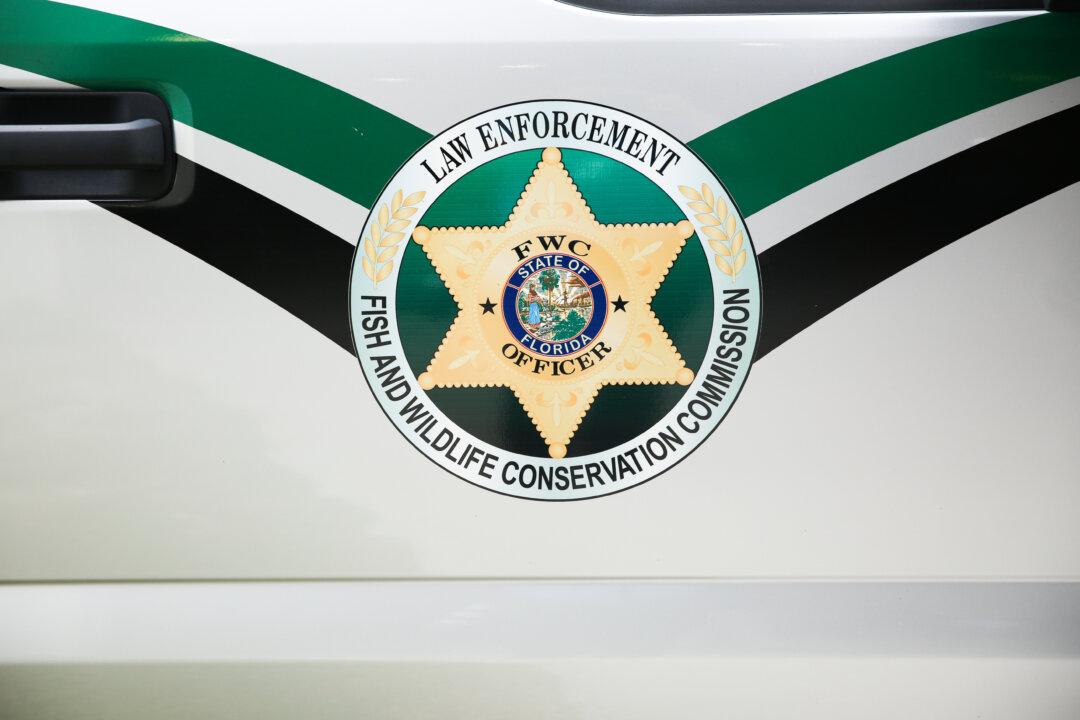According to the Florida Fish and Wildlife Conservation Commission (FWC), crocodiles are making a comeback in the Sunshine State.
For many, the word “crocodile” conjures scenes from the wilds of the Australian outback. As previously reported by The Epoch Times, the U.S. Census Bureau just announced that Florida is the fastest-growing state in the country. Therefore, as Florida’s human population grows and development continues to expand, more sightings of these ominous creatures are likely.





